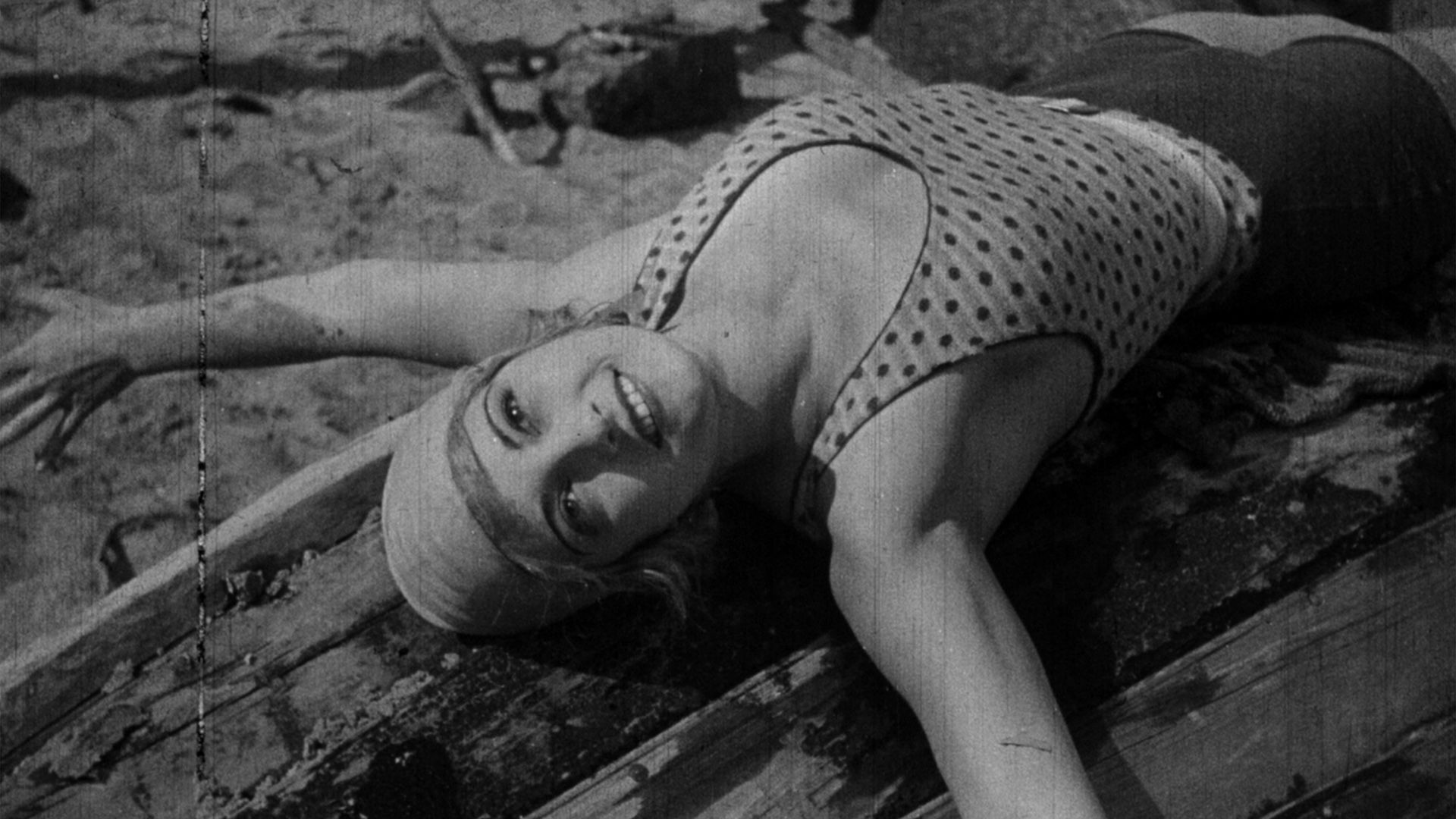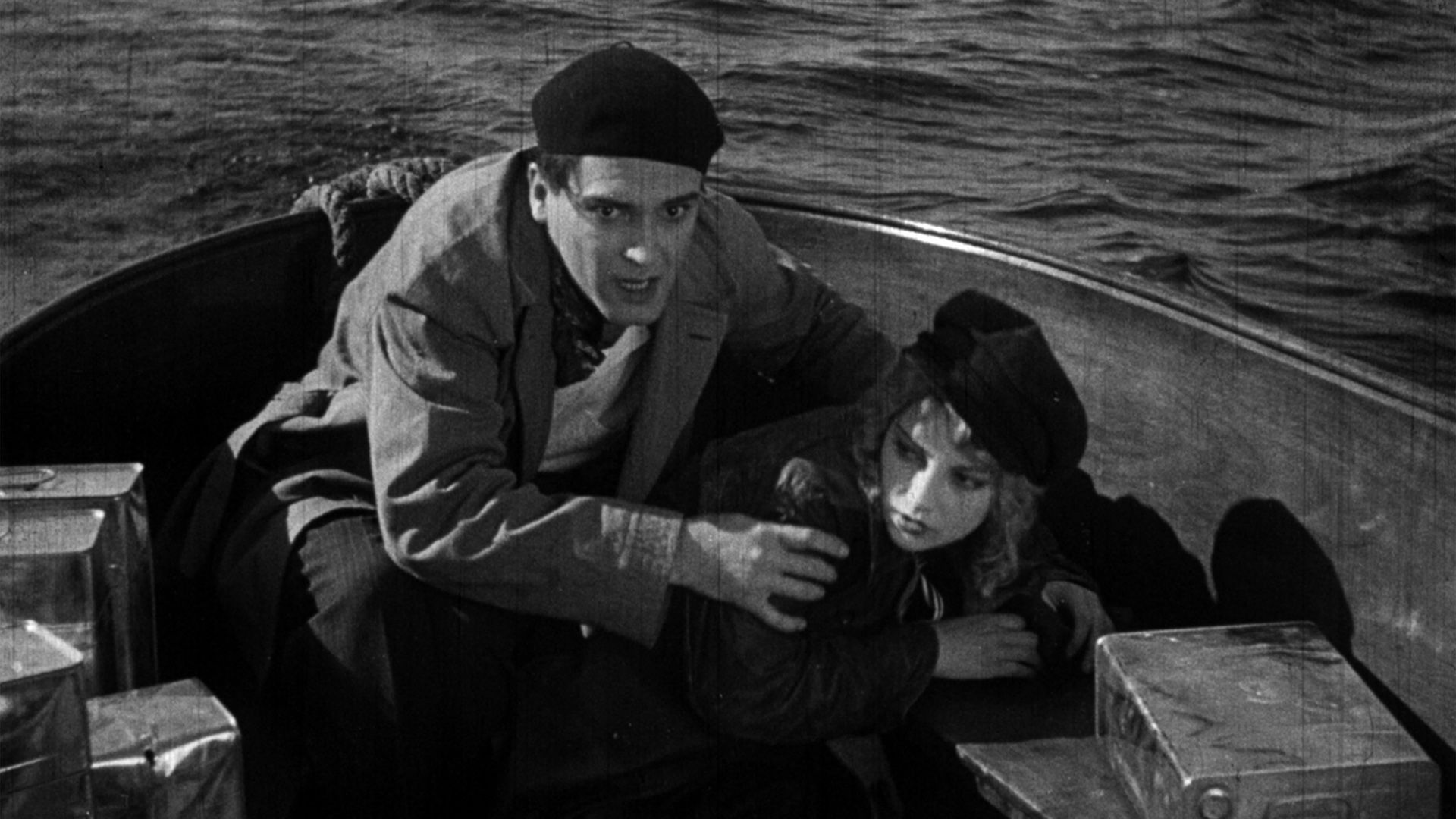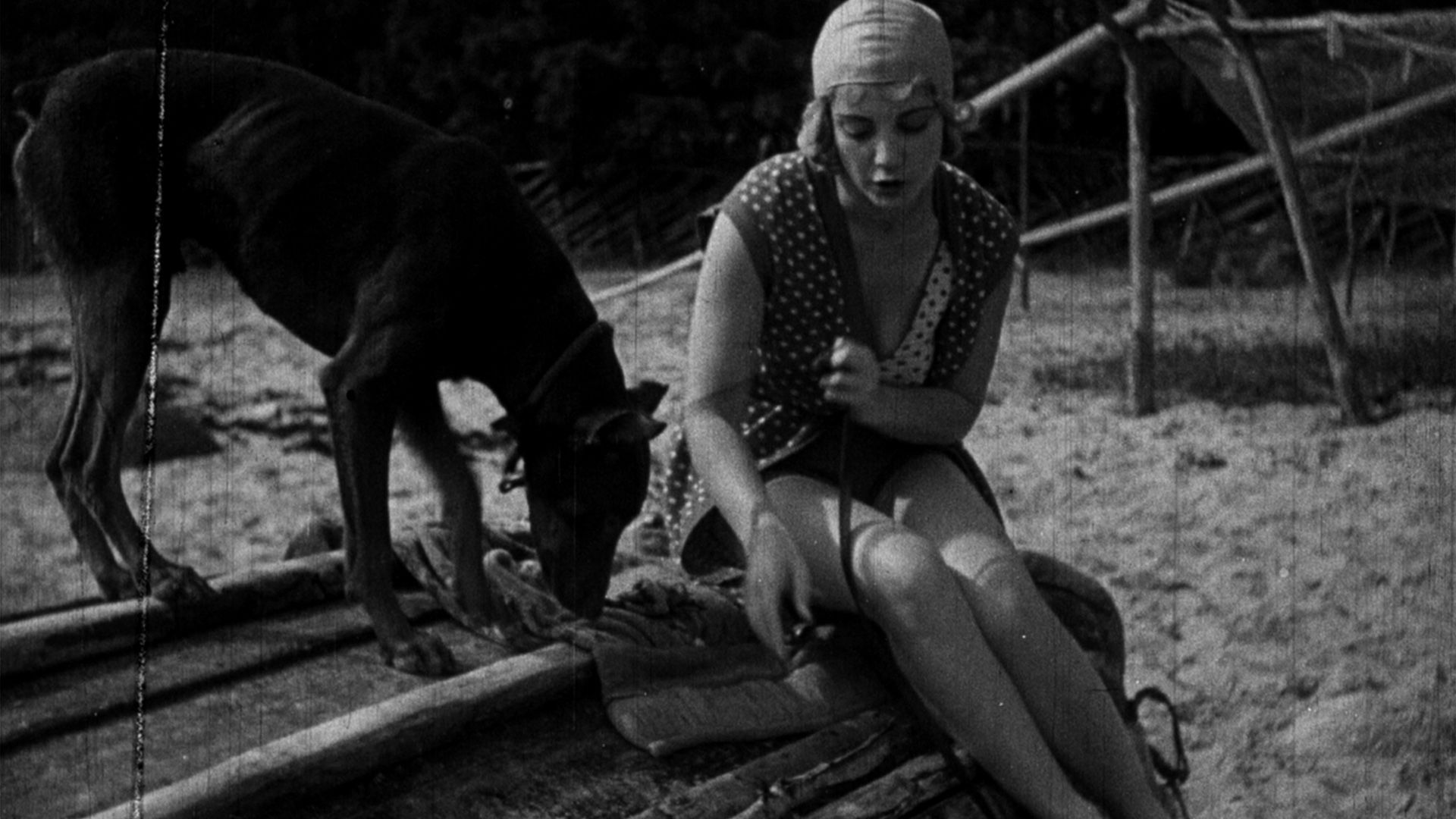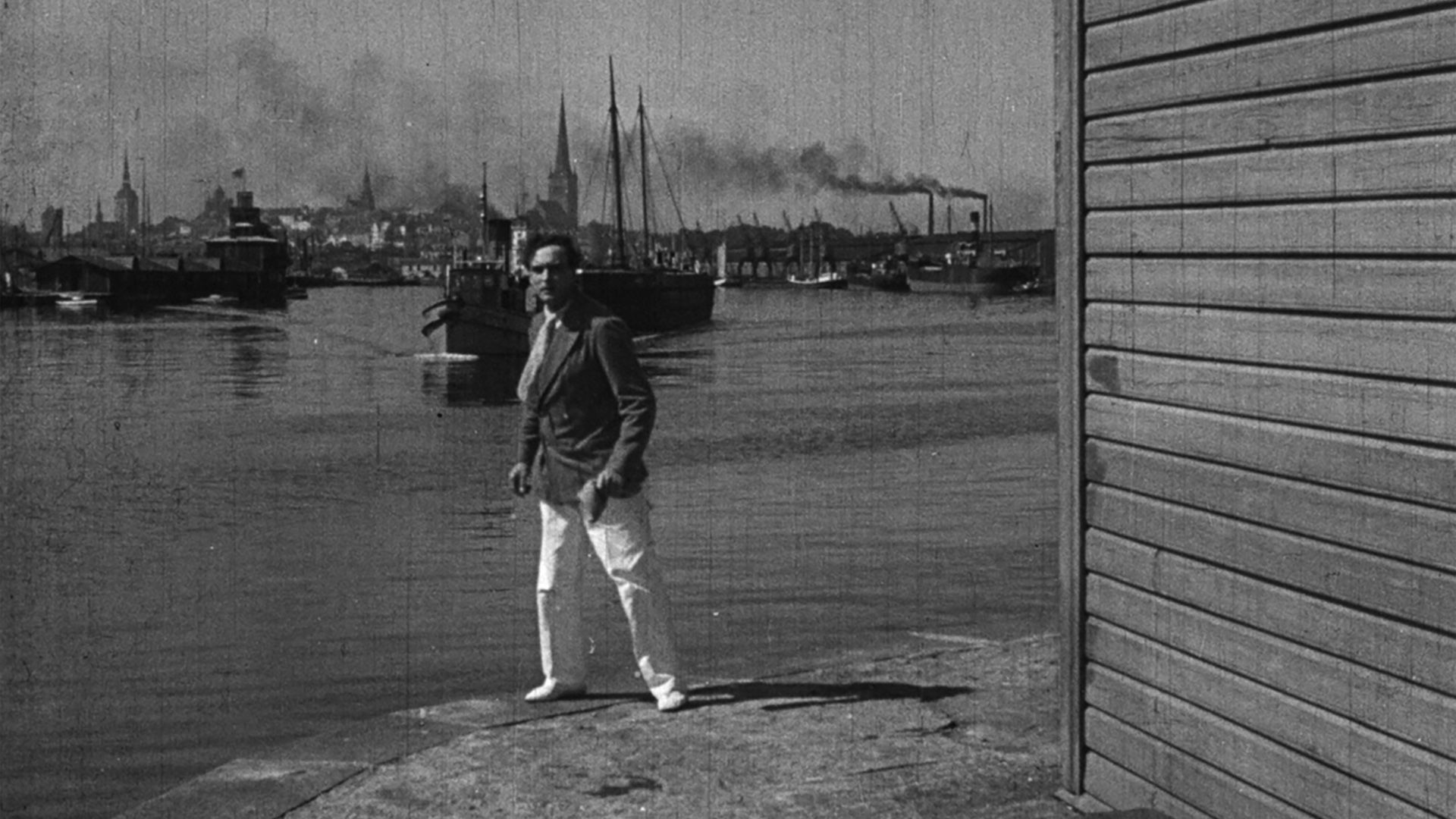Waves of Passion
Bootlegging, perilous escapades, and fiery romance on the southern shores of the Gulf of Finland.
The Estonian-German co-production, a silent feature “Waves of Passion” is the most ambitious local film before World War II. Brazilian author Rex Ronney infiltrates a gang of bootleggers on Estonia’s northern coast, gathering material for his next novel. Along the way, he falls for the daring Betty, whose father is drawn into the gang’s dealings due to his debts.
Betty is played by Slovenian film star Ita Rina, a major name in European cinema at the time. Rex is portrayed by Poltava-born Vladimir Gaidarov, for whom “Waves of Passion” was both his directorial debut and only foray into directing.
The film’s only surviving print is preserved in the National Archives of Estonia, digitally restored in 2023 with the support of the European Commission’s Creative Europe MEDIA programme. The live score will be composed and performed by Stephen Horne and Frank Bockius.
Eva Näripea
Vladimir Gaidarov (1893–1976), born into a wealthy family in Poltava, began his career on stage at the Moscow Art Theatre in 1914. He soon transitioned to the silver screen, appearing in films during the last days of Tsarist Russia and World War I. In 1920–21, he toured Estonia and Latvia with his wife, actress Olga Gzovskaya, at the invitation of Paul Pinna. In Riga, he caught the attention of German film producers. From 1921 to 1932, the couple settled in Berlin, where Gaidarov became a cinematic heartthrob, starring in 24 German films directed by the likes of F.W. Murnau, C.T. Dreyer, Joe May, and Robert Wiene. Upon his return to the Soviet Union, Gaidarov’s fame faded, both on stage and screen. He spent his later years in Leningrad, largely forgotten, a shadow of his former silent film glory.
Der brennende Acker (Põlev väli, 1922, rež Friedrich Wilhelm Murnau), Die Gezeichneten (Armastage üksteist, 1922, rež Carl Theodor Dreyer), Tragödie der Liebe (Armastuse tragöödia, 1923, rež Joe May), Die Frau auf der Folter (Piinatud naine, 1928, rež Robert Wiene), Kire lained (Wellen der Leidenschaft, 1930)




